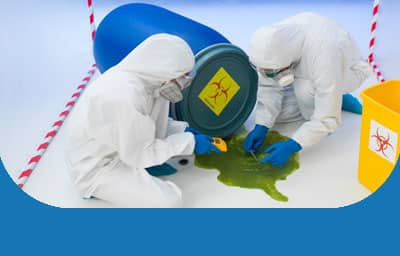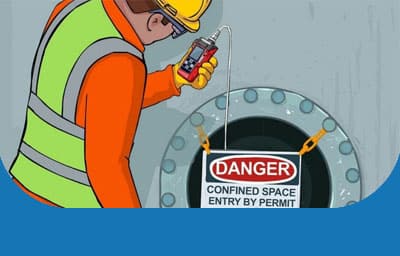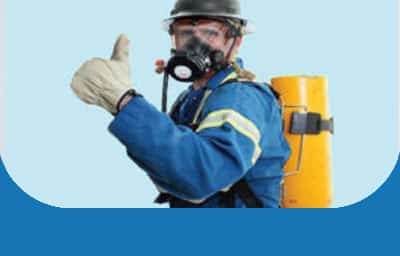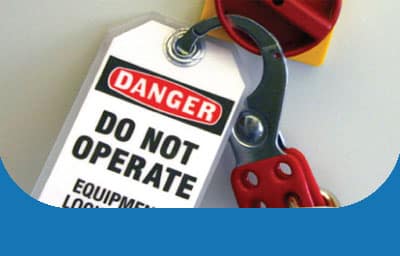Heat stress is a serious occupational hazard that affects workers in various industries, particularly in regions with high temperatures like Kuwait. To ensure the safety and well-being of employees, Infinity Training Center Kuwait offers comprehensive Heat Stress training programs. It is specifically designed to equip workers with the knowledge and skills needed to prevent and manage heat-related illnesses. Through interactive sessions and practical exercises, participants learn how to identify the signs and symptoms of heat stress, understand the importance of hydration, and implement effective heat stress prevention strategies. With a focus on active learning, our training sessions engage participants in hands-on activities that simulate real-life scenarios. This approach enables workers to apply their knowledge and practice essential techniques for heat stress prevention. Our experienced instructors, who are well-versed in occupational health and safety, guide participants throughout the training, ensuring a thorough understanding of the subject matter. Kuwait‘s Heat Stress training provides participants with valuable information on the risks associated with working in high temperatures. The training covers topics such as heat exhaustion, heat stroke, dehydration, and the importance of acclimatization. Participants also learn about the appropriate clothing and personal protective equipment (PPE) to mitigate heat stress risks. In addition to preventing heat stress, our training emphasizes the importance of early detection and intervention.
Early detection and intervention play a crucial role in mitigating the effects. Through our training, participants learn to recognize the early warning signs of heat-related illnesses, enabling them to take immediate action. By promptly identifying symptoms such as dizziness, fatigue, and rapid heartbeat, workers can seek medical attention and prevent the condition from escalating into a life-threatening situation. Moreover, our training equips participants with the necessary skills to respond effectively in case of a heat-related emergency. They learn how to administer first aid, including techniques for cooling down an individual experiencing heat stroke or exhaustion. This knowledge empowers workers to provide immediate assistance while waiting for medical professionals to arrive on the scene. To create a safe working environment, employers must prioritize heat stress prevention and provide necessary resources.
Employers have a critical role in creating a safe working environment for their employees, especially in extreme conditions like Kuwait’s scorching heat. By investing in the program, employers demonstrate their commitment to the well-being of their workforce. Equipped with the knowledge gained from the training, workers can better protect themselves and their colleagues from the adverse effects of heat stress. In addition to training, employers should also implement appropriate measures to minimize heat stress risks. These measures may include modifying work schedules to avoid the hottest times of the day, providing shaded rest areas, and ensuring an adequate supply of cool drinking water. Employers should also encourage regular breaks and promote a culture of open communication, where workers feel comfortable reporting any heat-related concerns. Regular evaluation and continuous improvement are essential in maintaining an effective prevention program.
To ensure the long-term effectiveness of a heat stress prevention program, regular evaluation and continuous improvement are essential. We offer post-training evaluations to assess the participants’ understanding and retention of the material covered. This evaluation helps identify areas that may require further reinforcement or additional training. Moreover, employers should regularly review their heat stress prevention strategies and make adjustments as necessary. This may involve consulting with occupational health and safety experts to stay updated on the latest industry practices and guidelines. By staying proactive and responsive to evolving conditions, employers can ensure that their prevention program remains effective and aligned with best practices. Invest in this program to safeguard your workers and meet regulatory requirements. By investing employers not only protect their workers but also meet regulatory requirements. Many regulatory bodies require employers to provide adequate training





















 Share with Facebook
Share with Facebook Share with Twitter
Share with Twitter Share with Whatsapp
Share with Whatsapp